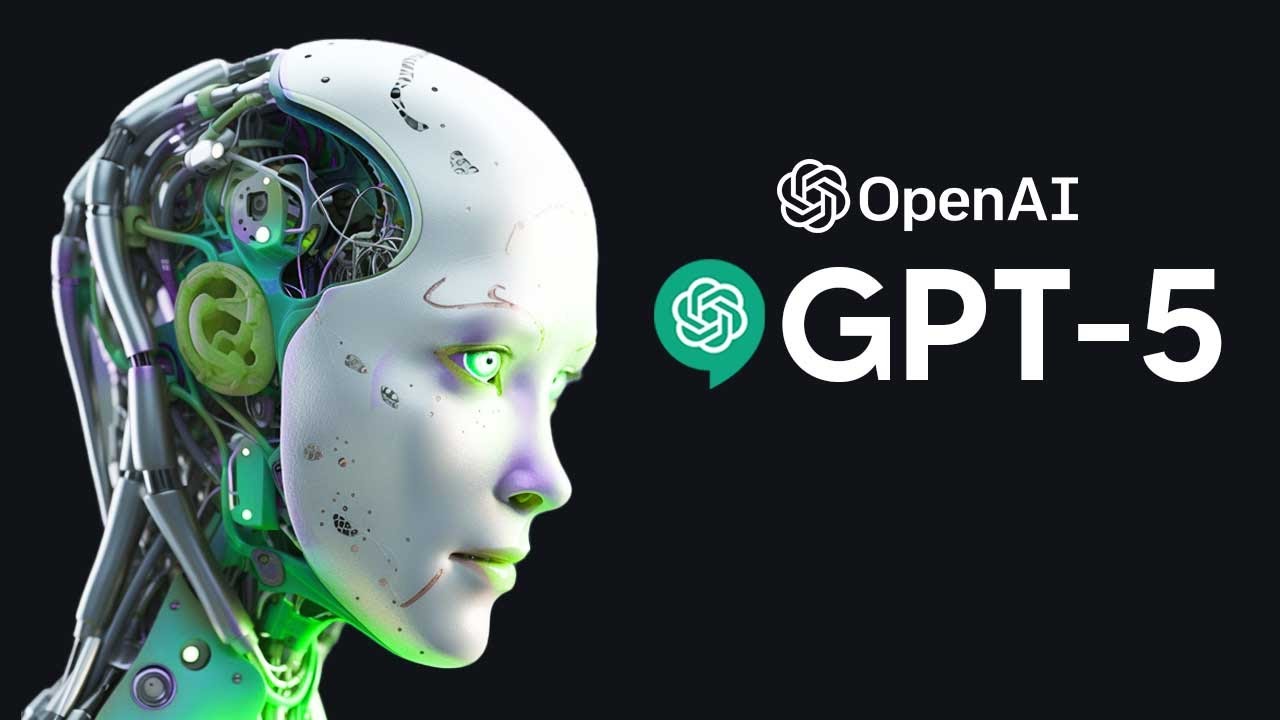
With the continuous advancement of artificial intelligence technology, OpenAI is stepping up the development of the next generation language model-GPT-5, which is planned to be officially released in early 2025. The latest news reveals that GPT-5 will not only make breakthroughs in reasoning capabilities, but will also bring more efficient multi-modal processing capabilities, allowing it to have a deeper understanding of multiple data types such as images, audio, and video.
It is reported that GPT-5 will surpass the current GPT-4 in many aspects, including inference speed, computing efficiency and the ability to handle complex tasks. OpenAI engineers are conducting precise testing and optimization to ensure that GPT-5 reaches new heights in performance and diversity of application scenarios.
Highlights of GPT-5 include
Enhanced reasoning skills:
GPT-5 will be able to better understand and reason about complex problems, improving performance in professional fields and creative tasks.
Multimodal processing capabilities:
The new version will achieve in-depth understanding of multiple data types such as images, audio, and video, and promote the expansion of AI to a wider range of application scenarios, including medical care, education, entertainment, and other fields.
More efficient calculation and reasoning speed:
Through optimized algorithms and hardware adaptation, GPT-5 will make huge improvements in processing speed and computing efficiency, bringing users a smoother experience.
Broad application potential:
GPT-5’s multi-modal capabilities will enable it to more accurately interpret and generate content, promoting cross-domain collaboration and innovation.